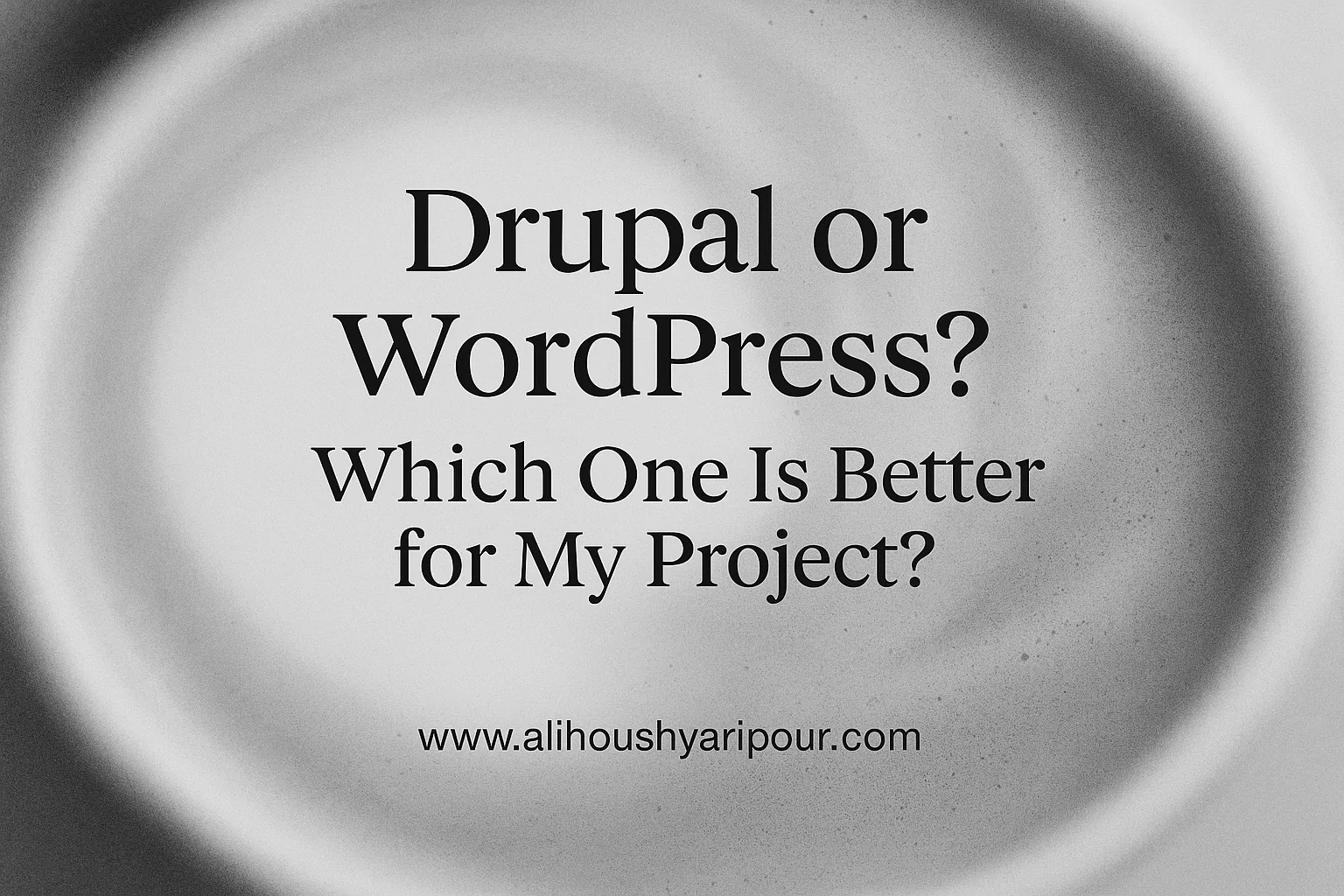Drupal is Recommended For:
- Complex, Large-Scale Projects: Government websites, universities, and large enterprises.
- High Customization Needs: Requires advanced control over functionality.
- Multilingual Websites: Built-in support for complex multilingual requirements.
- Enhanced Security: High-security projects like banking or healthcare.
- Scalability: Handles large amounts of data and high traffic effectively.
- Developer-Driven Projects: Projects with a dedicated development team.
WordPress is Recommended For:
- Small to Medium Businesses: Startups, blogs, or small e-commerce stores.
- Ease of Use: Intuitive UI for non-technical users.
- Fast Development: Quick setup and deployment for simpler websites.
- Large Plugin Ecosystem: Wide range of plugins and themes for customization.
- Content-Heavy Sites: Blogs, news websites, and portfolios.
- SEO-Friendly Out-of-the-Box: Easier to optimize for search engines.
Drupal FAQs
Is Drupal suitable for content-heavy sites like blogs or news portals?
Drupal can handle content-heavy sites, but it’s better suited for those requiring advanced taxonomy, multilingual support, or custom workflows. For simpler content-heavy sites, WordPress is a better choice.
Why choose Drupal for a government or university website?
Drupal’s advanced security, scalability, and user role management make it ideal for government or educational institutions with strict requirements and complex structures.
Can I build a scalable e-commerce platform with Drupal?
Yes, Drupal Commerce is a powerful module for building scalable and customizable e-commerce platforms, particularly for enterprise-level businesses.
Is Drupal overkill for a small business website?
Yes, unless your small business requires complex functionalities or advanced integrations, WordPress would be a more cost-effective and user-friendly solution.
WordPress FAQs
Why is WordPress recommended for content-heavy sites like blogs or news portals?
WordPress has an intuitive editor, built-in SEO features, and a vast library of themes and plugins, making it perfect for creating and managing content-heavy websites efficiently.
Can WordPress handle multilingual sites?
Yes, WordPress can support multilingual sites with plugins like WPML or Polylang. However, for highly complex multilingual needs, Drupal might be a better fit.
Is WordPress secure enough for my website?
Yes, WordPress is secure when regularly updated and complemented with security plugins like Wordfence. However, high-security projects might be better suited to Drupal.
Can WordPress scale for high-traffic websites?
Yes, WordPress can handle high traffic with proper hosting, caching, and optimization. Platforms like WordPress VIP are designed for large-scale needs.
